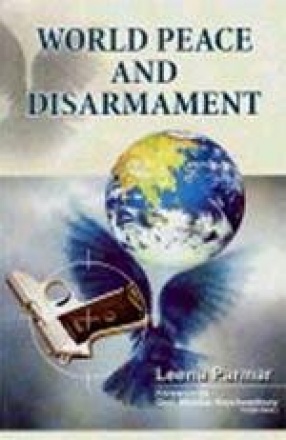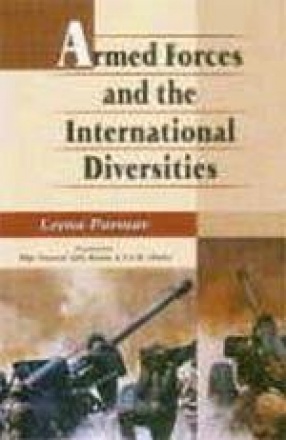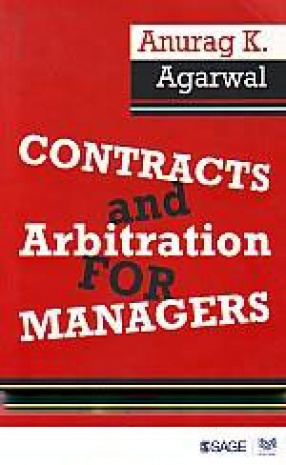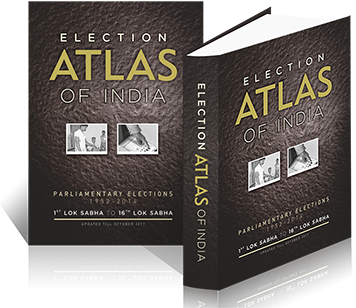The attacks on the World Trade Centre and the Pentagon, barely two years ago, have changed the definition of what constitutes security. It is no longer the debate between national security and people’s security. The world witnessed a wide range of after effects, from full-scale war to the emergence of a number of local and regional tensions and conflicts. But there is another set of voices, which is reflective, committed to restraint, tolerance and peace. This book presents some of these voices—which have deep sensitivity—from all over the globe. The voice of peace has only one agenda: ‘No violence, not now, not ever’. Scholars from Canada, Mexico, Morocco, the Netherlands, Israel, South Korea, Japan, The Philippines and India have only one voice and that is peace initiatives for a better world order. This book includes an article on the peace process in Kashmir and two poems on India, highlighting India-Pakistan sentiments. A required peace culture system, educating for non-violent future, creating a culture of peace at a Peace Museum is from Israel and Japan. Dialogue, not clash of civilisation is a very strong voice from Morocco. Peace and racism, a historical theoretical discussion, peaceful conflict resolution and peace building are voices from The Netherlands and Mexico. The ancient global lesson of 9/11, no more killing! is from Hawaii. The making of the Children’s Peace Train is a voice from South Korea and the role of the HASTIC theory in connection with World Peace and Disarmament of sovereign nations is from Japan again. The role of women in promoting peace and the location of gender in risk regime, overcoming the gender-biased vulnerability towards globalisation with justice, dignity and peace are voices from the Philippines and Japan.This book will be a great source of interest to peace lovers of the world. Surely, readers will enjoy the international scholar’s efforts for peace research and peace initiatives in academic discourse.
World Peace and Disarmament
by Leena Parmar
$32.40
$36.00
In stock
Free & Quick Delivery Worldwide
All orders amounting to US$ 50 or more qualify for Free Delivery Worldwide. For orders less than US$ 50, we offer Standard Delivery at $14 per book.
ABOUT THE AUTHOR Leena Parmar
Leena Parmar is Associate Professor in the Department of Sociology, University of Rajasthan, Jaipur, India. After schooling from St. John’s, Calcutta, she graduated from Sophia College, Ajmer. She did her M.A. from Rajasthan University, securing first position position in order of merit. Her doctoral thesis is on Military Sociology and was the first on the subject in the country. Dr. Leena Parmar has done research on various social aspects of the Indian Army, which includes Modernisation, Aspiration, Commitment, Morale, Relative Deprivation, Leisure Pattern, Role of Army in National Integration, Problems of Ex-Soldiers in the Country, AIDS Awareness, etc. For each of these aspects, she has tried to use the sociological perspective along with imperial first-hand data collected by her. Dr. Parmar has presented papers at several international seminars on Military Sociology. She was the first Indian to be selected by Germany to study the International Military System when she was invited to N.A.T.O. Her book, Society, Culture and Military System is a pioneering work in the field of Military Sociology. She has just completed her post-doctoral research on Kargil War Widows and is currently working on two projects pertaining to Military Sociology. One of the projects is on Peace Process in Srinagar (Jammu and Kashmir) and the other work is on the Sociological Understanding of Indian Peacekeepers stationed abroad. Apart from being a keen researcher of military topics, she is also an army daughter and wife, which explains her insight into military matters.
reviews
0 in total
Review by Anonymous
Be the first to review “World Peace and Disarmament” Cancel reply
You must be logged in to post a review.
Bibliographic information
Title
World Peace and Disarmament
Author
Edition
1st ed.
Publisher
ISBN
8171323448
Length
xxxii+256p., Figures; References; 23cm.
Subjects
more by Leena Parmar see more
similar bookssee more
Contracts and Arbitration for Managers
$22.50
$25.00
Election Atlas of India: Parliamentry Elections 1952-2014 1st Lok Sabha To 16th Lok Sabha
A first-of-its-kind Election ...
$463.50
$515.00
Sociology: Themes and Perspectives
$12.60
$14.00






There are no reviews yet.